Best Timing for Shingle Roof Installations
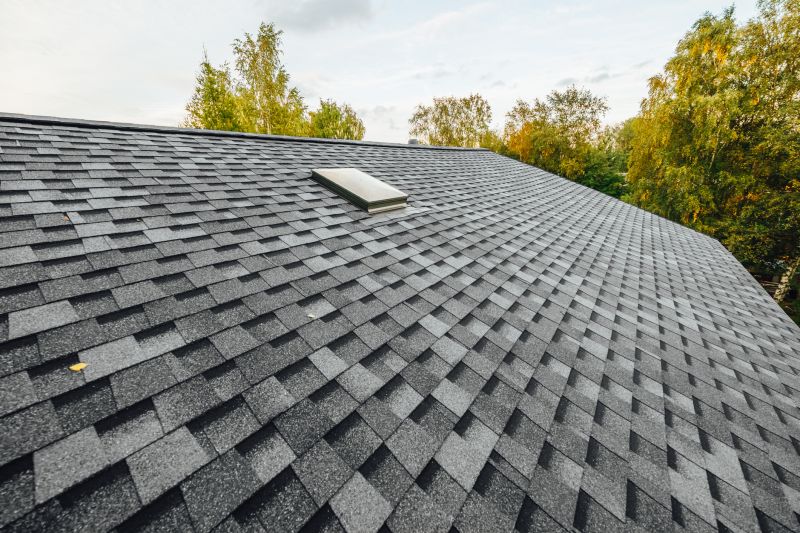
Spring offers moderate temperatures and longer daylight hours, making it suitable for shingle installation.
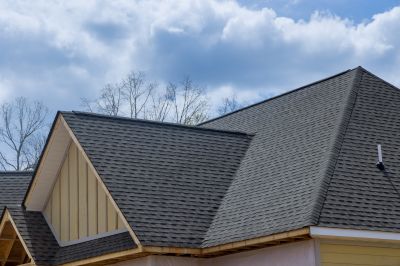
Summer provides warm weather, but high temperatures and humidity can affect asphalt shingle performance.
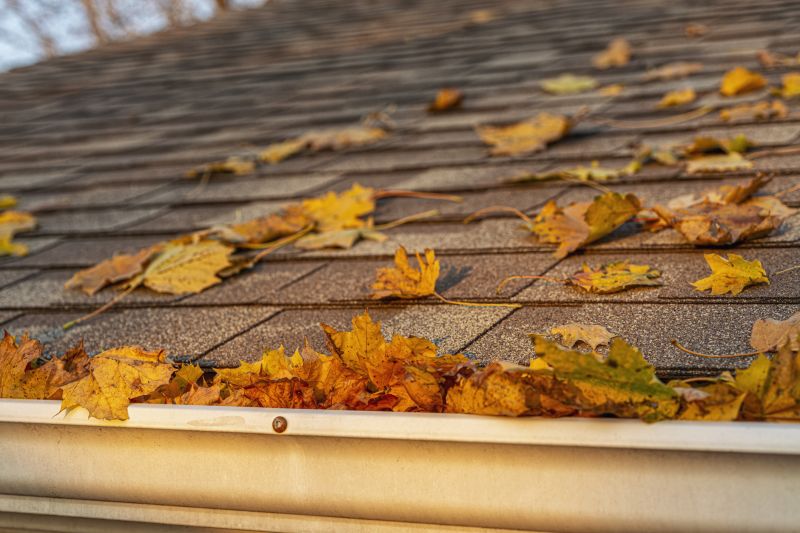
Fall's cooler temperatures and dry conditions are ideal for installing shingles efficiently and effectively.
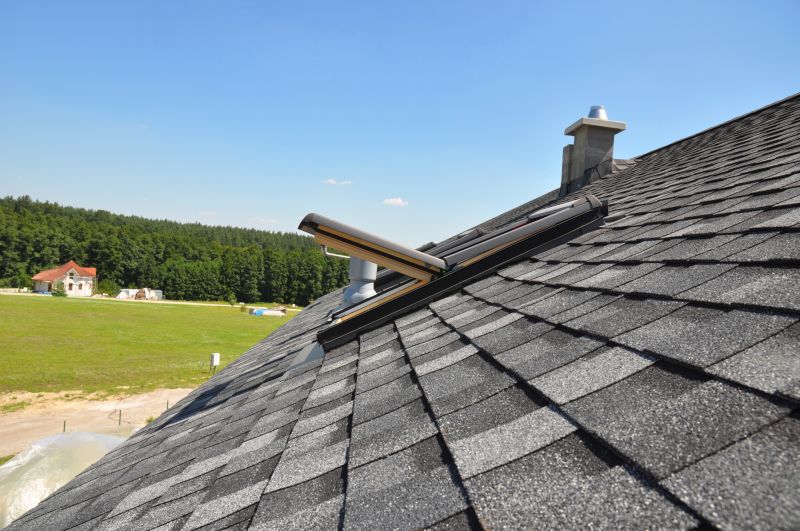
Ways to make Shingle Roof Installations work in tight or awkward layouts.
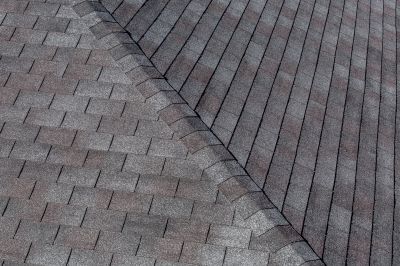
Popular materials for Shingle Roof Installations and why they hold up over time.
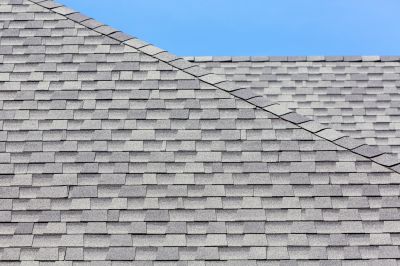
Simple add-ons that improve Shingle Roof Installations without blowing the budget.
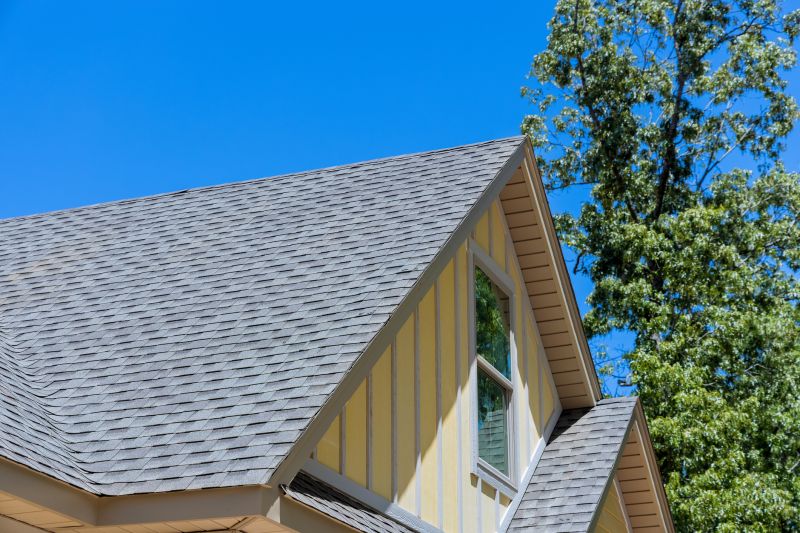
High-end options that actually feel worth it for Shingle Roof Installations.
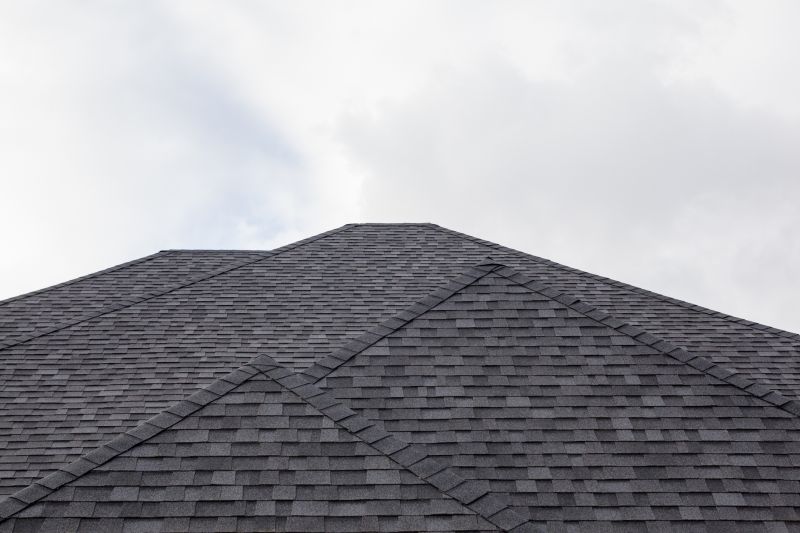
Finishes and colors that play nicely with Shingle Roof Installations.
Shingle roof installations are influenced by weather conditions, with temperature and moisture levels playing crucial roles. Optimal installation periods typically avoid extreme cold and heat, which can compromise shingle adhesion and durability. Proper timing ensures shingles are installed under conditions that maximize their lifespan and performance.
Ideal temperatures for shingle installation range from 45°F to 85°F, ensuring proper adhesion and flexibility.
Dry weather with low humidity reduces the risk of moisture-related issues during installation.
Most professionals recommend installing shingles during spring and fall for optimal results.
High winds, heavy rain, or snow can delay installation and affect shingle quality.
Shingle roof installations require careful planning around weather patterns to ensure longevity and performance. Proper timing reduces the risk of leaks, wind damage, and shingle deterioration. It is advisable to schedule installations during periods of stable, mild weather for best results.
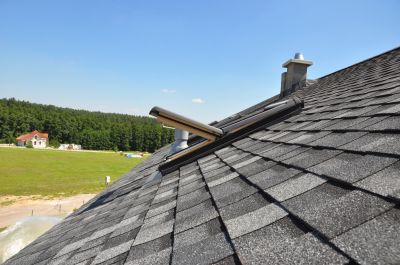
Spring's mild climate supports efficient shingle installation and curing.
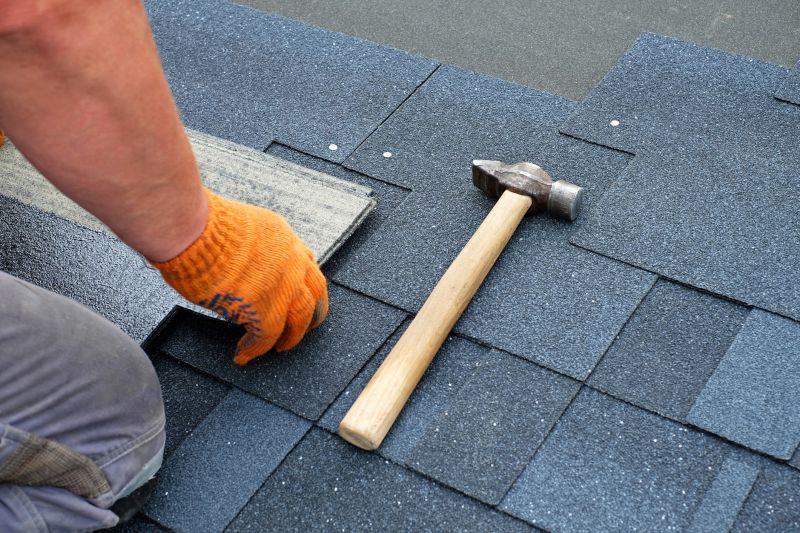
Warm summer days facilitate proper shingle adhesion, provided humidity is managed.

Fall's cool, dry conditions are often considered the best for installing shingles.

Winter is generally unsuitable due to low temperatures and potential for snow and ice.
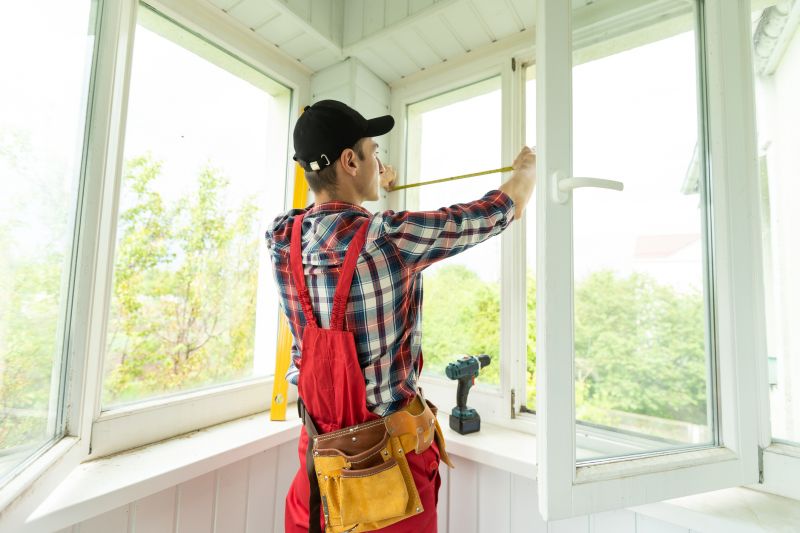
Little measurements that prevent headaches on Shingle Roof Installations day.
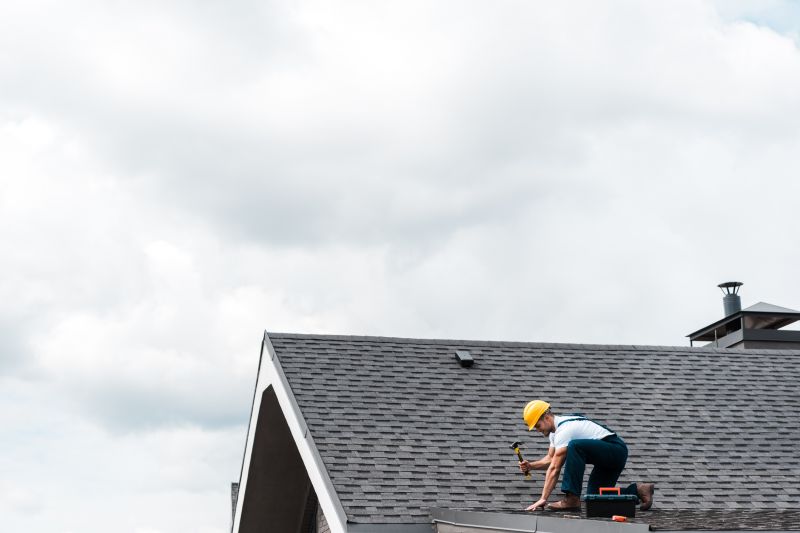
A 60-second routine that keeps Shingle Roof Installations looking new.
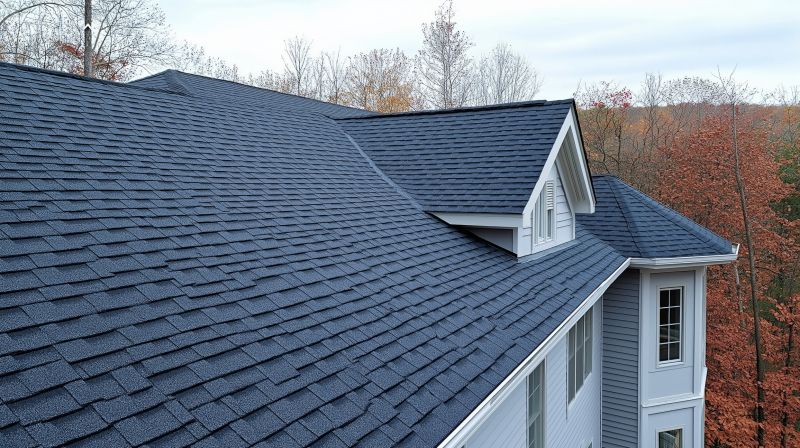
A frequent mistake in Shingle Roof Installations and how to dodge it.
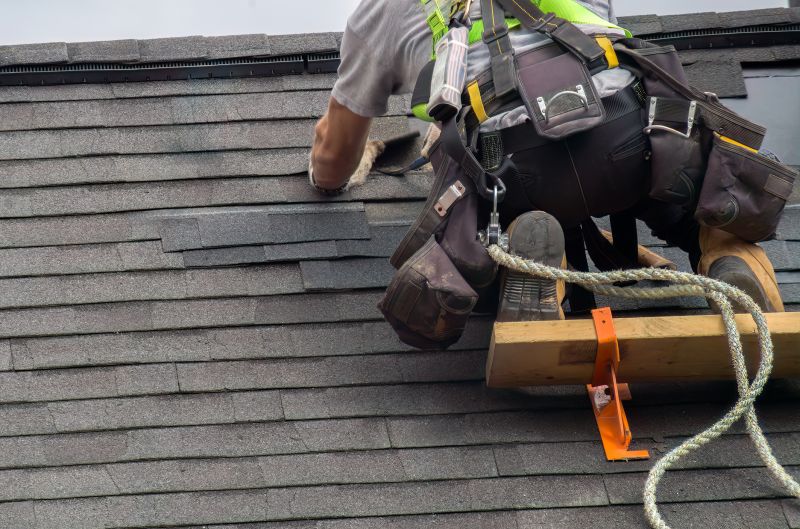
Small tweaks to make Shingle Roof Installations safer and easier to use.
| Season | Optimal Conditions |
|---|---|
| Spring | Moderate temperatures, dry weather, longer days |
| Summer | Warm temperatures, low humidity, dry conditions |
| Fall | Cooler temperatures, dry weather, less wind |
| Winter | Cold temperatures, snow, ice, not recommended |
Choosing the right time for shingle roof installation can extend the lifespan of the roof and improve its performance. Consulting with roofing professionals can help identify the best window based on local climate patterns and specific project requirements.
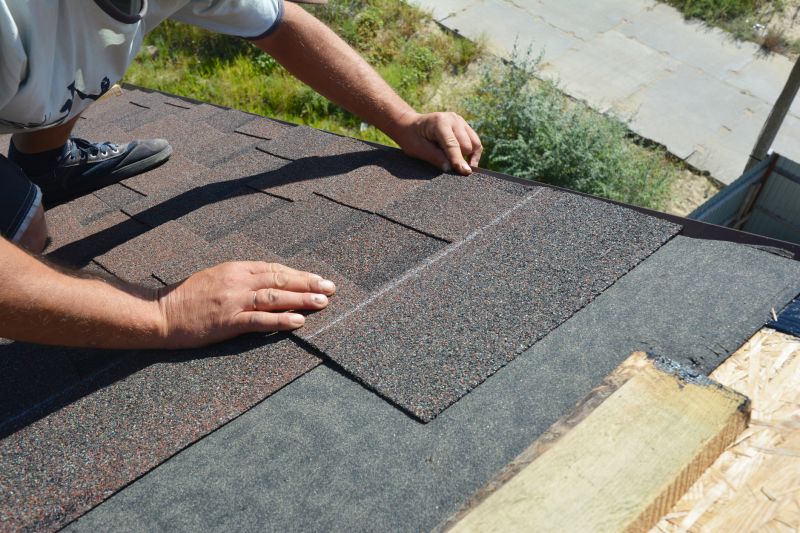
Spring offers optimal conditions for installing asphalt shingles efficiently.

Summer requires attention to temperature and humidity for quality installation.
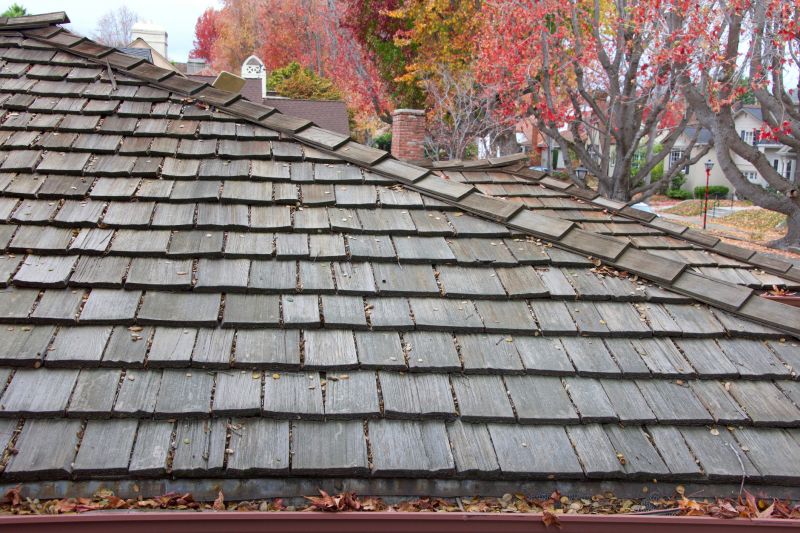
Fall's stable weather makes it a preferred season for roofing projects.
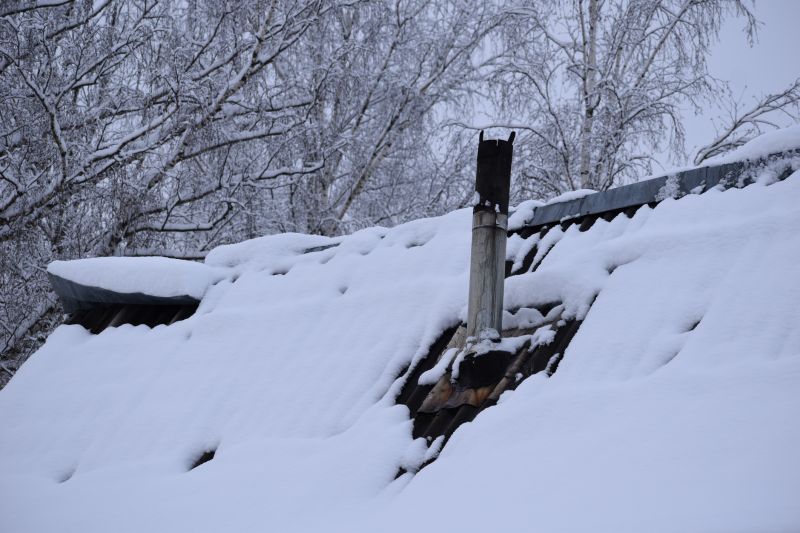
Winter presents significant challenges due to cold and precipitation.
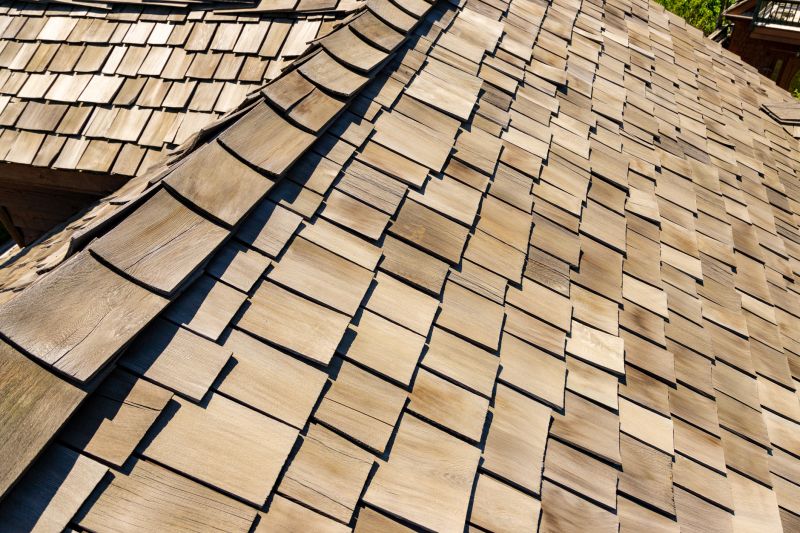
Lower-waste or water-saving choices for Shingle Roof Installations.
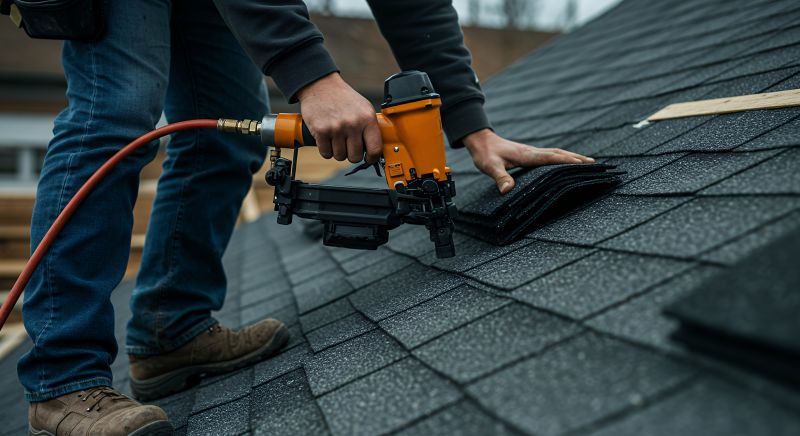
The short, realistic tool list for quality Shingle Roof Installations.
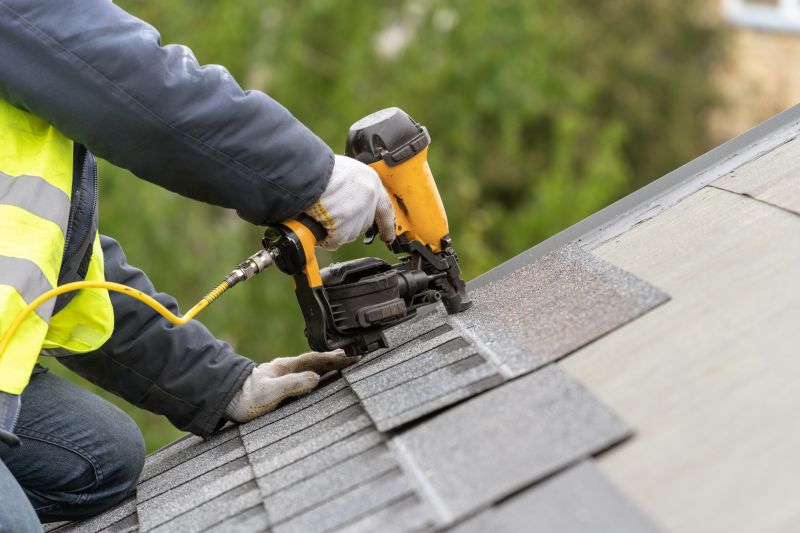
Rough timing from prep to clean-up for Shingle Roof Installations.
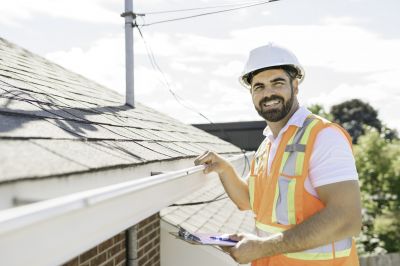
Quick checks and paperwork to keep after Shingle Roof Installations.
Interested parties are encouraged to contact for further guidance on scheduling shingle roof installations to ensure optimal results and durability.



